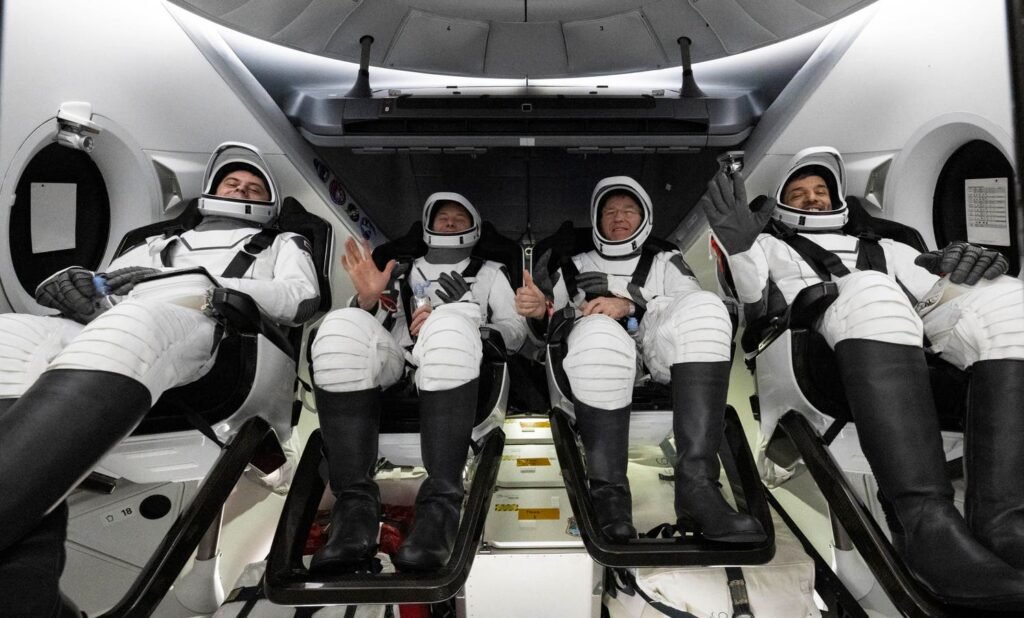In a world where the phrase, “Space: the final frontier,” once evoked notions of unattainability, the rapid pace of technological advancement is closing the gap between science fiction and reality. At the forefront of this cosmic revolution is artificial intelligence, a groundbreaking technology with the potential to redefine the boundaries of human exploration and innovation. The space economy, estimated to be worth trillions in the coming decades, is experiencing unprecedented growth, with AI playing a pivotal role in unlocking its full potential.
From satellite launches to space tourism, AI is driving a wide range of applications in the space sector. Companies like SpaceX and Planet are leveraging AI for autonomous flight, satellite imagery analysis, and materials science in space manufacturing. With the rise of low-earth orbit satellite constellations, AI is optimizing data traffic, network management, and enabling future applications like the internet-of-things and autonomous vehicle navigation. Space tourism companies like Virgin Galactic and Blue Origin are also relying on AI for mission planning, passenger comfort, and safety.
As the space industry continues to evolve, AI is poised to accelerate innovation in sectors like space mining, space-based solar power stations, and the establishment of lunar bases. AI-powered robots equipped with advanced sensors and machine learning capabilities are efficiently prospecting, extracting, and transporting resources like rare minerals, and even transforming atmospheric carbon into building materials for space infrastructure. AI also plays a crucial role in designing, constructing, and transmitting energy from space-based solar power stations. Additionally, AI-driven robots are instrumental in building and maintaining lunar infrastructure to facilitate human exploration beyond Earth.
AI’s role in space exploration is indispensable, as it enables rapid iteration, simulation of space conditions, and optimization of mission parameters, reducing development time and increasing mission success rates. By simulating countless scenarios, AI identifies efficient and safe routes, minimizing fuel consumption, and increasing mission longevity. This collaborative partnership between humans and AI is propelling the boundaries of space exploration, from autonomous rovers to spacecraft navigation and infrastructure construction.
In a geopolitical arena where nations are vying for AI advantage, international cooperation is paramount to ensure the peaceful exploration of space and prevent a destabilizing arms race. Balancing national interests with global goals will be essential for the sustainable development of the space domain. As AI continues to evolve as a cosmic co-pilot, a collaborative partnership between ancient wisdom and modern technology can inform sustainable space exploration practices, striving for a harmonious relationship between humanity and the cosmos. With AI as its co-pilot, the space economy is on the verge of a new golden age of exploration and innovation, with those who master AI integration poised to lead the cosmic economy into the next decade of advancements and discoveries.

